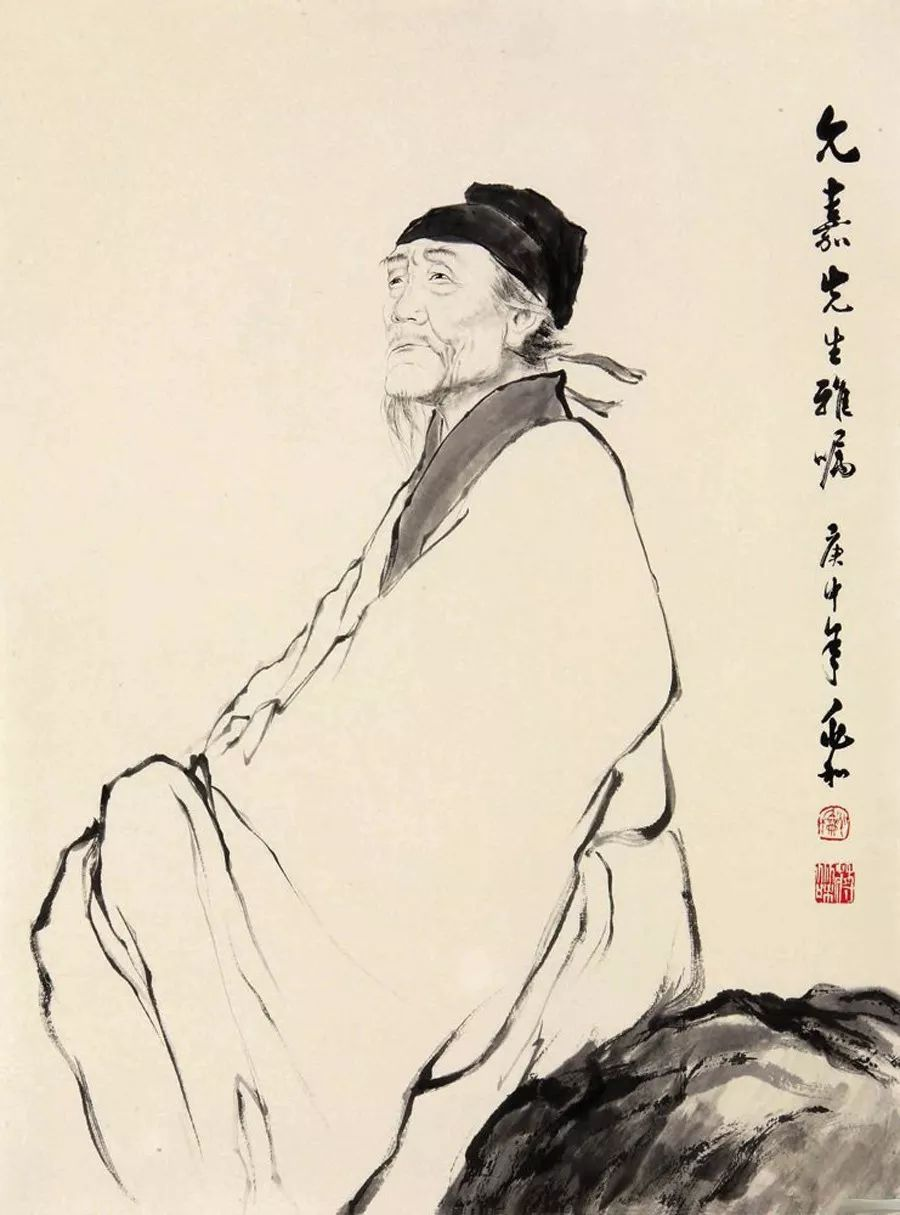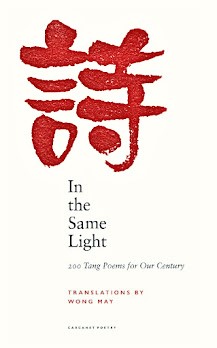Two Golden Oriolesby Du FuTwoGolden orioles sing willows greenSing willow, willowGreenOneRow of white cranes go sky blue To heavenHeaven,ThisWindow frames little,FamousLittle Holds West Mountain’s Timeless Snow Bound for the long voyage East At my front door DockedA boatBoundingBob/ Boat/ bobs Late Autumn on a Lone Walkby Li ShangyinLotusesBrimful, surfacing — Cap & budSpring is ample, SumptuousWith regrets.Lotuses fanning out Shudder & recede,One resents Autumn.We all know love begins& diesWith the body.The sound of waterWhere you standAt the pier’s endFills the eyes. The Garden of Golden Valleyby Du MuVanities of the world sent up In dust, I believe Is called scent. Flowing water can’t grieve. Comes Spring, The grass is green. After dark In the east wind A bird A bird laments. Blossoms fall, A prodigious drift Like a girl leaping Off the porch
Three Poems
Feature Date
- March 18, 2022
Series
- Translation
Selected By
Share This Poem
Print This Poem
From IN THE SAME LIGHT: 200 Tang Poems for Our Century by Wong May.
Copyright © 2022 by Wong May.
Reprinted with permission from Carcanet Press, Manchester, UK.
(Forthcoming in 2022 from The Song Cave, US.)

Jiang Zhaohe's illustration of Du Fu
Du Fu (712–770) is considered with Li Po to be one of China’s greatest poets of the Tang dynasty. He is often described as a poet-historian, and his works convey the emotional impact and import of political and social issues and register a range of private concerns, trials, and dramas.
Li Shangyin (813–858) is one of the foremost poets of the late Tang. He was “rediscovered” in the 20th century by young Chinese writers. He is noted for the imagist quality of his poems and his tantalizing “no title” poems.
Du Mu (803–852) is a calligrapher, poet, and politician who lived during the late Tang dynasty. His name is often mentioned together with Li Shangyin, as the “Little Li-Du”, in contrast to the “Great Li-Du”: Li Po and Du Fu.
Wong May was born in the war capital, Chongqing in 1944 China. She was brought up in Singapore by her mother, a classical Chinese poet. She studied English Literature at the University of Singapore with the poet D.J. Enright; she was at the Iowa Writers Workshop 1966–68. Soon after, she left the USA for Europe. She lives in Dublin, where she paints under the name Ittrium Coey. She has exhibited in Dublin & Grenoble.
In this collection from the Tang Dynasty are poems of war and peace, flight and refuge but above all they are plain-spoken, everyday poems; classics that are everyday timeless, a poetry conceived "to teach the least and the most, the literacy of the heart in a barbarous world," says the translator.
"[An] extraordinary Afterword, titled 'The Numbered Passages of a Rhinoceros in the China Shop', is a magnificent, peculiar tour de force that spans nearly a hundred pages, and the book is transformed by its existence [...] entrancing, and entirely sincere."
— Daryl Lim Wei Jie
"A book very contemporary in its human closeness... Wong May offers an extensive Afterword on the poetry and its interpreters. No mere translator's note, this capacious essay is historical, critical, comical, personal, structural and mystical by turns, exploring the Tang context of the original poets and the poetry's echoes over the last millennium or so, up through Pound and Mao and Dharma Bums. Wong May hopes 'to return the text to the body of world literature' through her investigations as a translator and critic. Her work deserves this hope, which is better than any reparative aim for poetry, always complicit in and resistant to the politics of its times."
— Harry Josephine Giles, Poetry Book Society Translation Selector
Poetry Daily Depends on You
With your support, we make reading the best contemporary poetry a treasured daily experience. Consider a contribution today.




